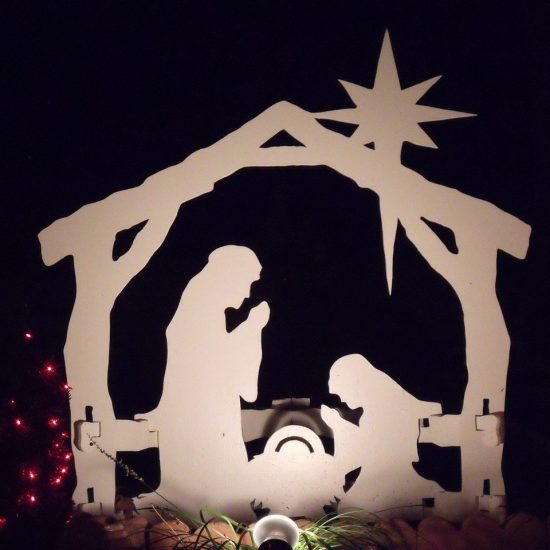Five hundred years ago, a clergyman named Martin was reading his Bible and felt something was wrong. What he had learned in church and seminary did not jive with what he read in his Bible. “Perhaps, I am missing something,” he thought. He did his homework and returned to the scriptures again and again. He studied the oldest available sources and became convinced salvation comes through faith in Jesus, not faith in works or the Church, though he felt great love and loyalty to the Church. Martin Luther tacked a debate challenge — a common practice in those days — on the church door at Wittenberg, Germany; and the Protestant Reformation began.
 Wade ParisAs a boy, I was passionately informed that we were not Protestants. We were Baptists, and we “traced our history back to John the Baptist.” I was even given some literature supporting that bit of reasoning. I don’t remember reading the material I was given, but I do recall questioning the claim. Later, I learned that bit of “history” is questionable.
Wade ParisAs a boy, I was passionately informed that we were not Protestants. We were Baptists, and we “traced our history back to John the Baptist.” I was even given some literature supporting that bit of reasoning. I don’t remember reading the material I was given, but I do recall questioning the claim. Later, I learned that bit of “history” is questionable.
The primary issue of the Reformation was how a person is saved. The religious leaders of Luther’s day insisted salvation came through the Church and its sacraments. While there was some teaching about faith, certain prescribed “works” were also needed for salvation. “Not so,” Luther said, “Salvation comes by faith in Christ alone.” When asked by what authority he came to this conclusion, Luther answered, “By the authority of the Bible.”
The key issues were salvation by faith alone and the Bible as our authority. The well-meaning seniors, who years ago passionately informed me that we Baptists are not Protestants, have gone on to be with the Lord. If they could hear me today, I might kindly inform them I am proud to be in the Protestant tradition.
Today, half a millennium later, Christendom still feels the waves of the Reformation. It brought many changes. Out of this encounter grew a healthy give and take of the Church and the laity. Gene Bartlett, the late president of Colgate Rochester Seminary wrote, “The Protestant tradition rests on two freedoms … the freedom of the pulpit and the freedom of the pew. The congregation cannot tell the preacher what he can or cannot preach. Neither can the preacher require assent or prohibit dissent of the worshipper. Between these freedoms, there is ample room for the gift of God’s word to come with freshness and power.” Yes!
Wade Paris writes a weekly syndicated column, “The Shepherd Calls.”





